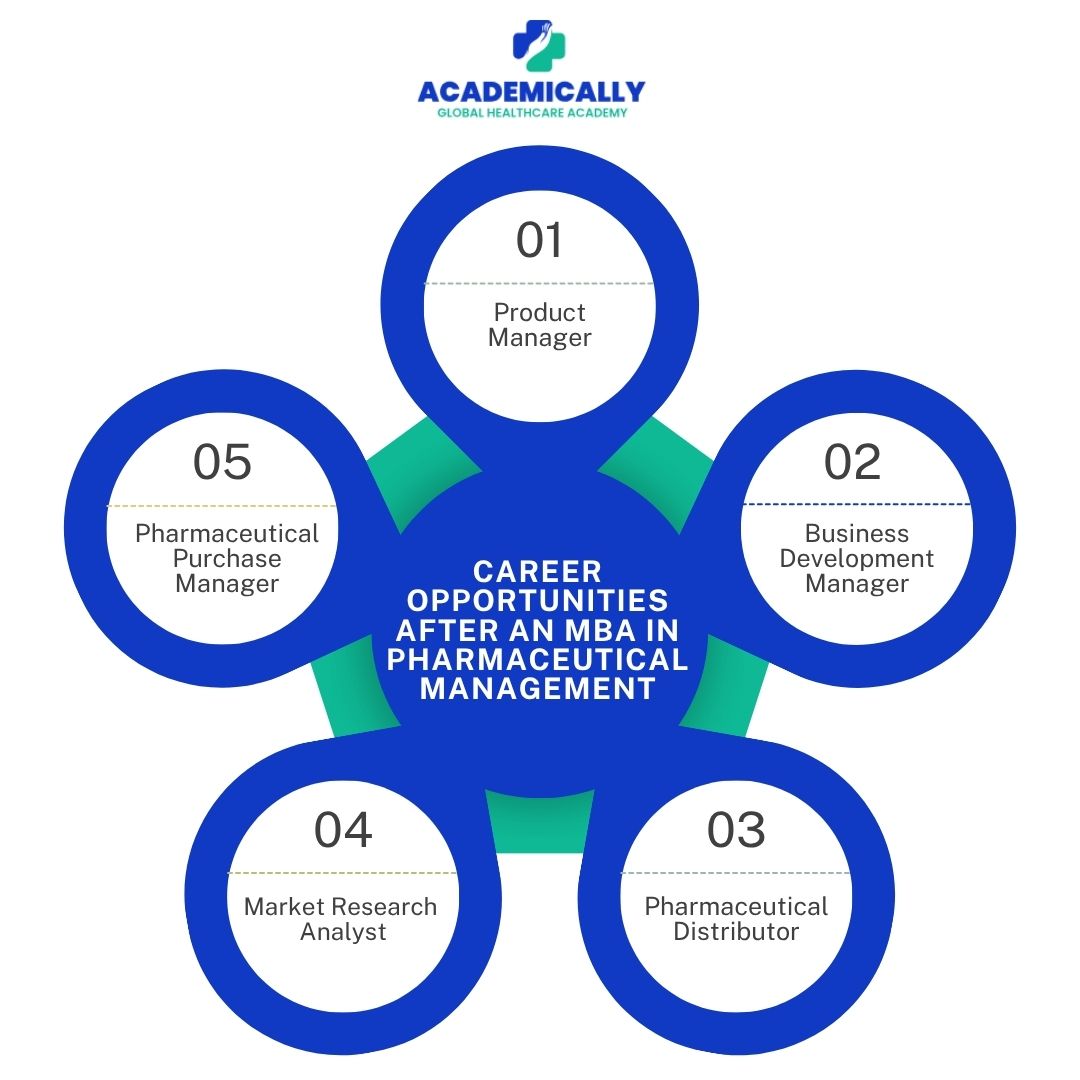MBA in Pharmaceutical Management: An Overview
Pharmaceutical companies around the world are billion-dollar enterprises. They shape the way our world looks. Making medicine is the most important aspect of a pharmaceutical company, but not the only one.
It requires management at every level to ensure that the medicine being manufactured is:
- Adequately Manufactured
- Appropriately Marketed
- Safely Delivered
These tasks may look simple, but require multiple teams and thousands of people to realize. It requires individuals who have both pharmaceutical knowledge and business acumen to deliver these tasks.
Having an MBA in Pharmaceutical Management equips you with the required skills to excel in the department.
What is an MBA in Pharmaceutical Management?
MBA in Pharmaceutical Management is a postgraduate degree course that blends together knowledge of science and medicine with business and management. The degree aims to equip students with many aspects, such as:
- Healthcare policy
- Pharmaceutical marketing
- Regulatory affairs
- Supply chain management
- Drug development
It is a 2-year, full-time course, but the duration can be extended depending on the institute.
MBA in Pharmaceutical Management Syllabus
The syllabus for the MBA in Pharmaceutical Management is vast. It encompasses knowledge of multiple fields. The subjects offered in the course may vary from institution to institution. Let us get a rough idea of the subjects.
The subjects can be divided into three main categories.
| Pharmaceutical Science | Management Studies | Pharma-Management |
|
|
|
Top Colleges for MBA in Pharmaceutical Management
Many colleges around the globe offer graduates the opportunity to pursue an MBA in Pharmaceutical Management. You can also pursue this degree through distance learning. We have listed some of the top colleges for you:
| Colleges in India | Colleges Abroad |
|
|
These and many more colleges across the world are within your reach. The only thing you need is proper guidance to get there.
Eligibility Requirements for an MBA in Pharmaceutical Management
Although the MBA in Pharmaceutical Management degree is a specialization course, it does not require you to have a pharmacy background. The basic requirements for the course are:
- A valid Bachelor’s degree
- A good GPA
Depending on individual college policies, you may also be required to pass an entrance exam. These can either be common entrance exams for MBA or college-specific exams.
Many colleges also require students to have an English language proficiency certificate. There are a number of tests you can choose from, like IELTS and TOEFL.
Before selecting any college, go through the college policies to be better prepared.
Commonly Accepted Entrance Exams for MBA Programs
The scope of the MBA in Pharmaceutical Management is excellent. Every pharmaceutical company has a business development and management department. Graduates can either enter that field or work independently as consultants.
MBA aspirants in India and abroad must clear specific entrance exams to gain admission into top business schools. Here are some widely accepted ones:
- CAT: The Common Admission Test (CAT) is the most popular exam for admission to IIMs and several top-tier B-schools in India. Every year an IIM branch in India conducts this exam. For CAT 2025, it will be conducted by IIM Kozhikode.
- MAT: The Management Aptitude Test (MAT) is conducted by AIMA and accepted by many private and government MBA institutes across India.
- GMAT: The Graduate Management Admission Test (GMAT) is globally accepted for admission to MBA programs, especially in top international B-schools.
- CMAT: The Common Management Admission Test (CMAT) is a national-level entrance exam accepted by AICTE-approved institutions in India.
- XAT: The Xavier Aptitude Test (XAT) is conducted by XLRI and accepted by over 150 management institutes across India.
- NMAT: The NMAT by GMAC is an important eligibility criteria for admission into NMIMS and several other leading management schools, offering flexibility with multiple attempts.
Skills Required for an MBA in Pharmaceutical Management
Management in any field requires a specific skill set. The course will equip you with these skills to excel in the field. We have listed some of the skills that are good to have for a candidate wanting to pursue this course.
- Interpersonal skills
- Leadership skills
- Time management
- Organizational skills
- Communication skills
- Problem-solving skills
Career Prospects After an MBA in Pharmaceutical Management
The scope of the MBA in Pharmaceutical Management is excellent. Every pharmaceutical company has a business development and management department. Graduates can either enter that field or work independently as consultants.

Benefits of Taking an MBA in Pharmaceutical Management
There are numerous benefits of getting a management degree in pharmaceutical industry. This ranges from competitive salaries to getting into higher management positions.
Let’s discuss the pros one by one:
Salary: On average, the salary after an MBA in Pharmaceutical Management can be anywhere around $70,000-90,000 (60-77 lakh INR) in countries like the USA and the UK. In India, the average package is around 10-15 lakh.
These averages are higher than the average for an M.Pharm holder with the same experience.
Job Role: One of the best things about getting an MBA degree is the access to higher management roles. You are equipped with the skills required to handle high-stakes decisions, a trait much required in policymakers.
Job Satisfaction: Being in a position where you can bring about changes in a society is a responsibility not many get. It provides immense satisfaction in solving a problem that positively impacts the lives of people.
Overcoming Challenges: Management is all about understanding problems and providing a solution. This can be challenging and tricky, but ultimately rewarding.
Global Recognition: An MBA in Pharmaceutical Management is a degree that can put you on the global platform. You can work anywhere in the world with this skillset. It is a degree that is recognized globally. That means, no dearth of opportunities.
Conclusion
Getting an MBA in Pharmaceutical Management is a decision that can improve your career graph manyfold. With such great opportunities in the pharmaceutical industry it would be only wise to invest yourself completely in this and become successful.
MBA, is all about the management of a system and a company. The skills and the disposition required are different.
Looking at the job market in the current time, an MBA degree in Pharmaceutical Management will be the best for your career.
If you are still confused regarding where and what to study, consider joining our peer groups for counseling with experts. You can also talk to your peers and get a bigger view of the future.






